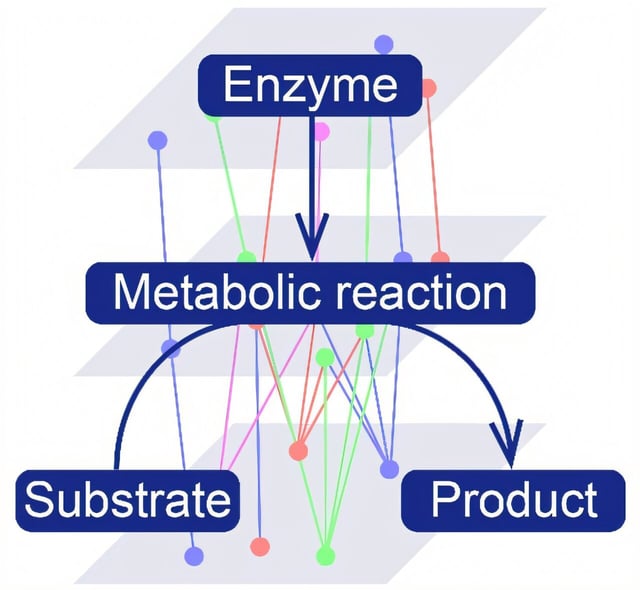Overview
- Obesity disrupts the precise timing of metabolic responses in the liver during starvation, despite the molecular network remaining structurally robust.
- Healthy mouse livers rely on hub molecules like ATP and AMP to initiate rapid, coordinated metabolic reactions under starvation conditions.
- In obese mice, the temporal coordination driven by these hub molecules is lost, compromising metabolic adaptation to starvation.
- The study utilized a novel multi-omic time-series analysis, capturing both structural and temporal dynamics of liver metabolism over multiple starvation intervals.
- Researchers aim to extend their combined analytical approach to explore other metabolic processes, such as food intake and disease progression.

